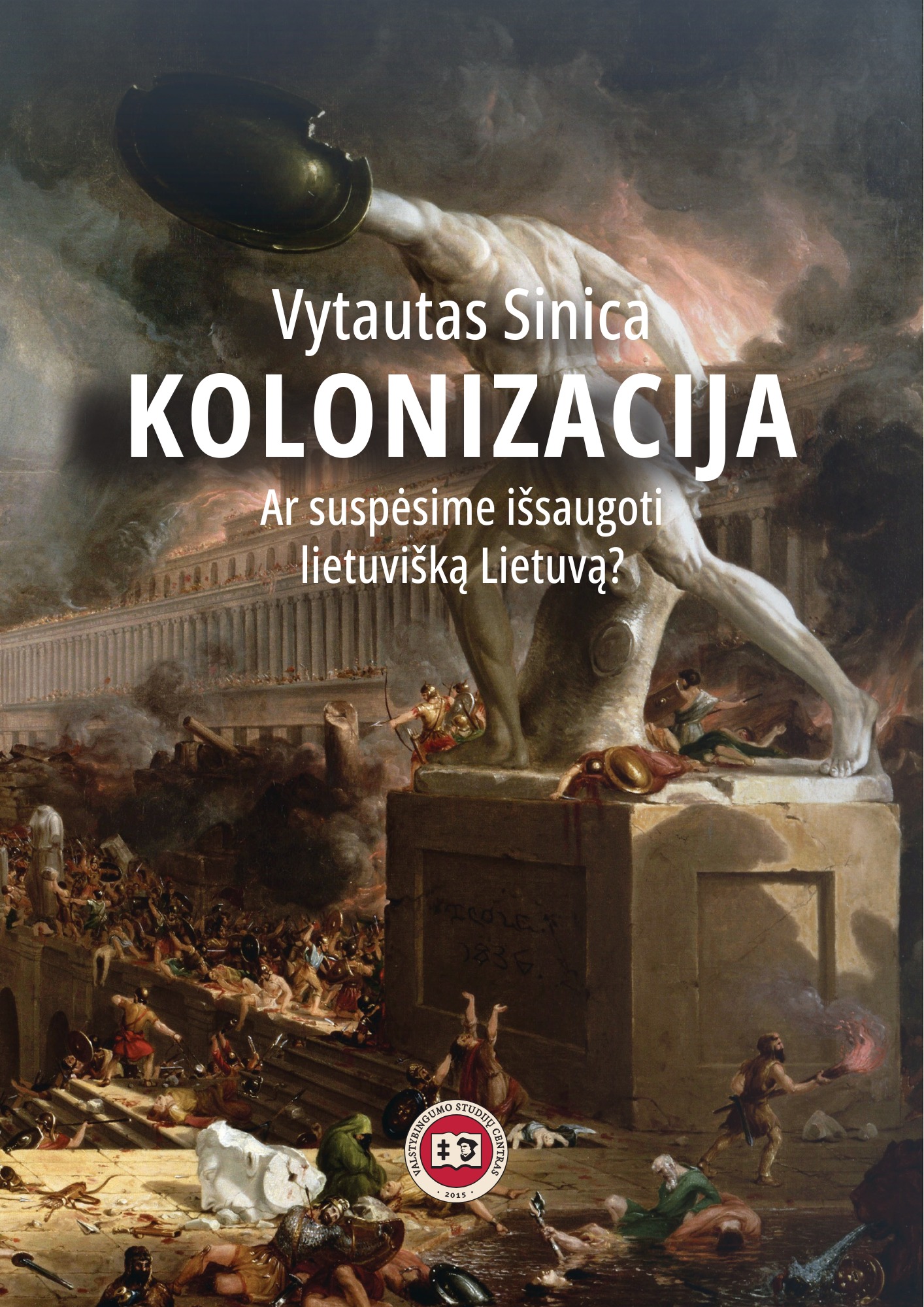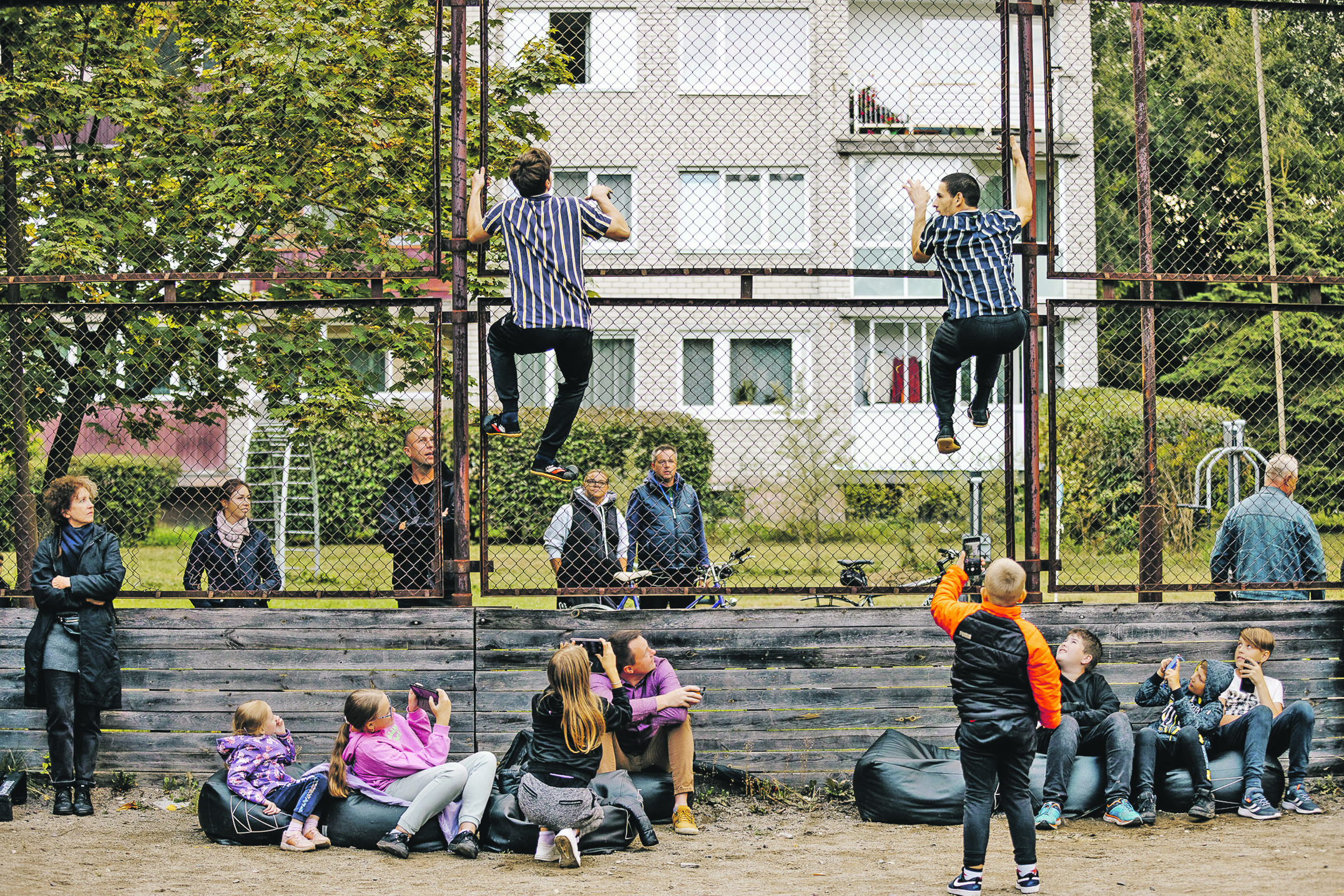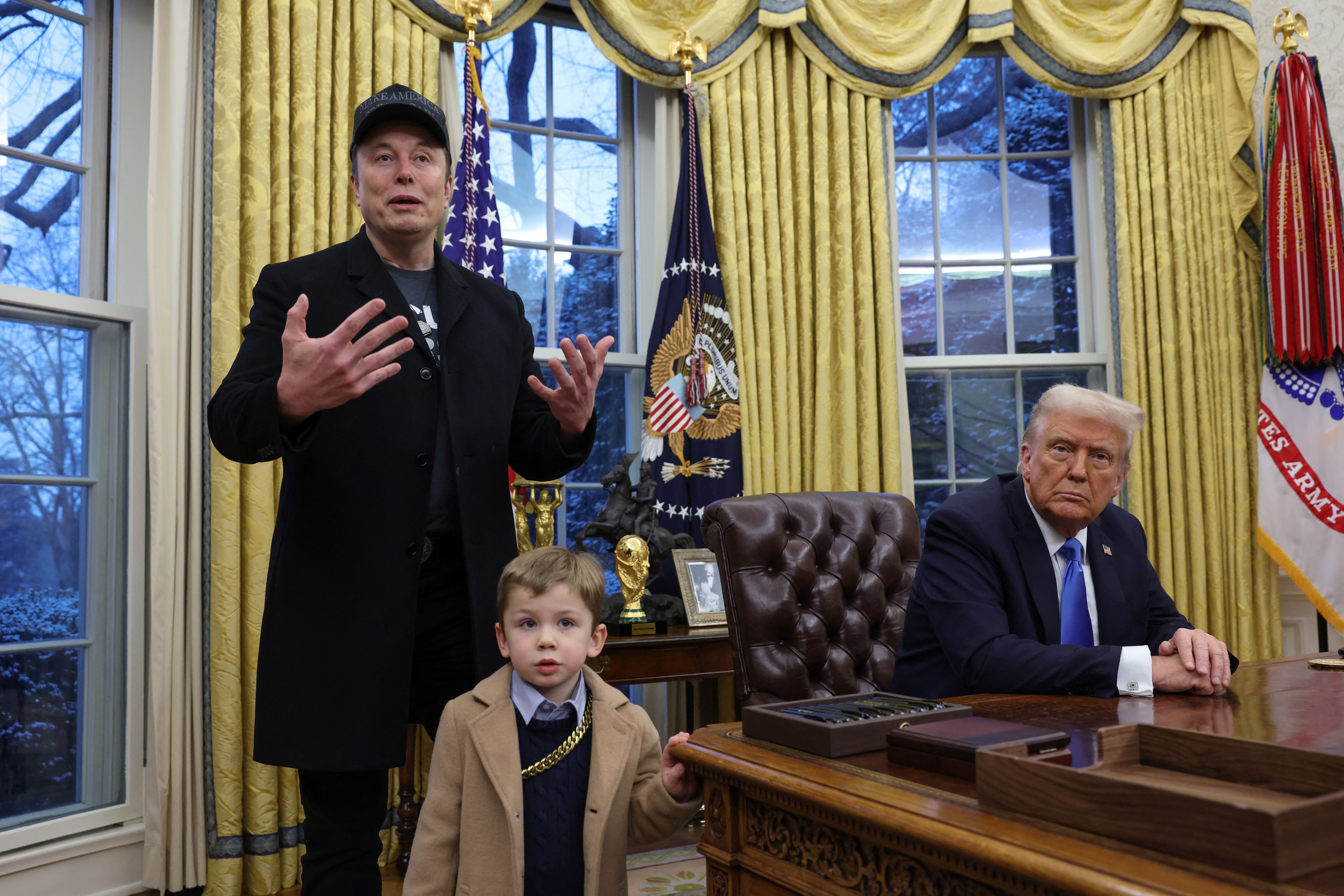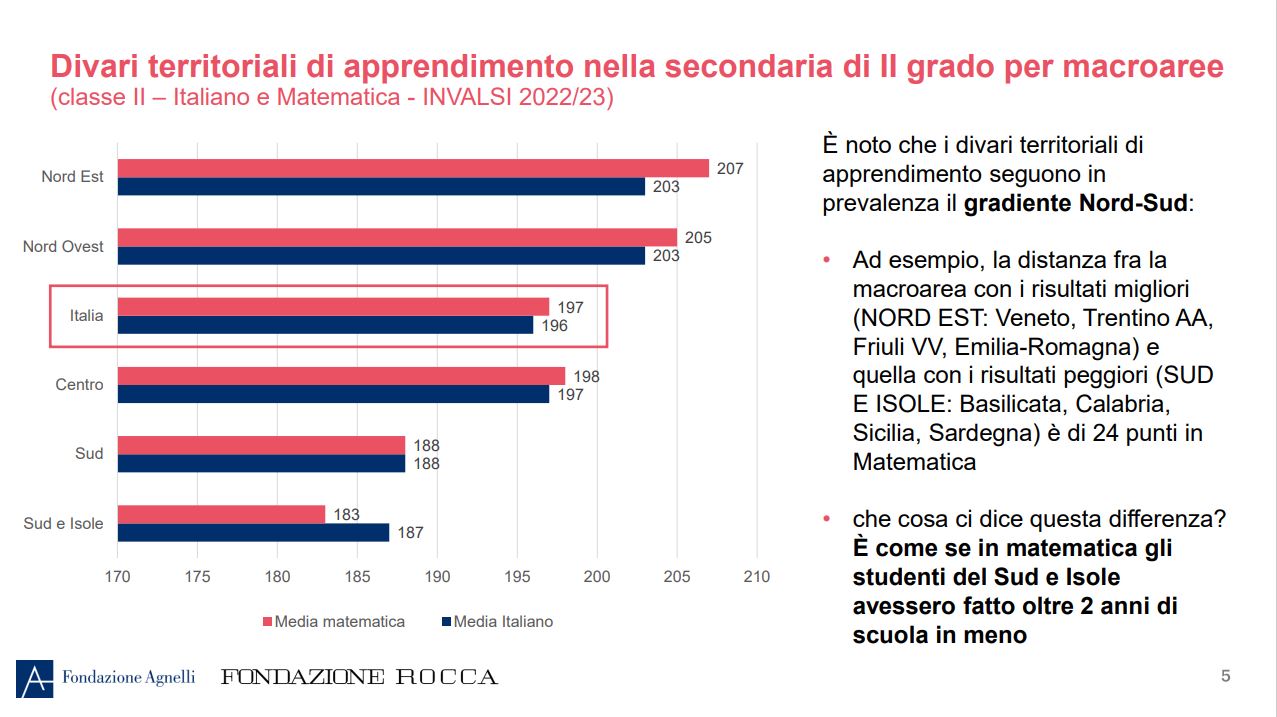The best quota of immigrants for Lithuania is currently zero

According to V. Sinica, the author of the book « National Association », Lithuania, which allowed massive migrants of work, repeats the old mistakes of Western and Northern European countries, and the growth rate of foreigners forces the « colonization » of Lithuania to the extent that it is unprecedented even during the Soviet era.
– You raised the issue of immigration during the Seimas elections and received a lot of media attention, you managed to fuel the discussion in the information space. Why did you still need books?
– Many people in Lithuania are not deep into this topic and the book allows you to give a complete picture. Yes, in the information space it is here, there are prescribed episodes, but the phenomenon is not essentially as a crisis, and I think this is precisely a crisis. People do not see it as a whole and no single article in the media can convey that whole. I hope my book will help you fully understand this phenomenon for those who are interested in it.
– In the book you provide a wealth of information about the experience of Old Europe. It was often heard that migratory processes in these countries have long been no longer drilled. What to consider if « everything is lost »?
– The situation is different, depending on the specific states. Let’s say these processes in Belgium or Sweden may be definitely unrelated, and in Germany, for example, it is possible to correct the situation. The problem is that migration problems can only be solved when you decide on it when you really want to change something. In multicultural societies, such a decision is difficult to make. In the same Germany, there is still technically possible changes, but there is no mental attitude, what we see after the last election.
– In Lithuania, mass migration is virtually invisible, because the scale is not at all as in Western Europe. It seems natural that society does not appreciate it as serious problems.
– I do not agree that it is not visible in Lithuania at all. Migration is less noticeable because it is less « exotic » – most migrants are from Gudia or Central Asia. Many of them are employed as long -distance drivers and there are few physically in Lithuania.
I agree that the increase in foreigners is not felt in the province of Lithuania, but it is certainly felt in Vilnius. Despite the fact that the racial composition migrants do not fall into the eye, the numbers show their: we reached 8 percent. the number of foreigners and that is very much. In addition, the number of newcomers continues to grow very rapidly.
– When it comes to antimigration parties in Western Europe, Lithuanians often do not like populist, neo -Nazi and pro -Russian. You are a Lithuanian antimigrant politician. Do you face similar epithets for yourself?
– I am confronted, but less and less. Just a few years ago, in any election, an attempt was made to diminish the issue of migration as a « fake » theme and allegedly raise it only with margins and neo -Nazis. Nowadays, although there are often calls not to « dramatize », but both the media and the moderate parties already recognize that such a problem is. It does not change by itself, I consider it a consistent result of our party’s work.
So, I find that people who sincerely thought that the « National Association » was the same as the German AfD. Those who do it so far do not because they think so, but by deliberately trying to harm us in the eyes of Lithuanian society.
By the way, when realistically evaluating anti -anti -immigration parties in Europe, it must be said that they are approximately shared in half according to priority and anti -Russianness. If the AfD is truly pro -Russian, italian prime minister Giorgia Meloni is clearly anti -Russian and even handled the coalition with such pro -Russian characters as Matteo Salvini. In Hungary, we see pro -Russianness, and at that time the right -wing « Swedish Democrats » or « true Finns » are completely anti -Russian forces.
After a decade, we will have 600,000 newcomers about which there will be nothing to talk about.
– During the election, you were the only clearly antimigative politician, and now you are the only representative of your party in the Seimas. However, did you manage to form a parliamentary group « Before Mass Migration »? Find support among colleagues?
– I even wonder how much it is. I have repeatedly received skeptical expressions of « what you do alone », but I believed that one can persuade members of other factions to influence their decisions through communication and arguments. For example, my initiative on the law of the SBGS officers to set aside residence permits in Lithuania supported 90 members of the Seimas, from the right to the left. As I woke the group, I said straight to my colleagues that I am and will be the strictest migration critic, but I am looking forward to a group of all who at least support the scale of immigration and today the group has about 20 MPs from almost all factions.
– In the book you are talking about various short -term and long -term threats of mass migration. Where do you prioritize? Let’s say, a greater threat is arrivals from such clearly hostile states, such as Gudia, or are your migrants from Muslim countries from Central Asia?
– The biggest threat is what it calls in the West the « change in society ». There is a threat that at the current pace of migration, and no one promises to stop them yet, we will create groups of arrivals of this size in the public, which will no longer be integrated. If nothing changes, such a thing like Lithuanian Lithuania will no longer exist.
Over 30 years, we have not been able to efficiently integrate even local Russian and Polish communities, and after the current immigration rates, we will have 600,000 newcomers after a decade of integration. In part, this is already felt in Vilnius: when the mass of Russian -speaking foreigners appeared, it is not they, but us. This is what we start talking to them in Russian, not the other way around.
There are other threats as a risk of diversions if the secret services recruited among Gudia’s arrivals. There are economic threats such as salaries in certain professions. Let us acknowledge the simple truth that sectors such as construction or transportation bring migrants from a large necessity, but because they can pay much less than to Lithuanians. This is confirmed by both the profit margins of these sectors and such phenomena, for example, for example, for ten years.
Thus, threats and risks are different. Let’s say that culturally closer cunning would make it easier to integrate compared to Muslim lands, but the Gudai comes from a absolute hostile state for us. Thus, they potentially pose a greater threat associated with hybrid attacks and other attacks. At that time, newcomers from Central Asia, although considered rather worldly, often prone to radicalization, and have anti -Western and anti -Semitic views. It is difficult to put such different risks on the scales.
– Anyway, migration is a non -stop, inevitable process. According to you, migrants from Gudia or Central Asia are not « suitable » for us. Where does « fit » come from then?
– I do not agree with the initial assumption. We have already brought about 200,000 and we can stop. I acknowledge that new needs will be created in sectors such as nursing. Perhaps we will have to bring a certain number of Vietnamese or Filipinos for this. But to repeat, this does not mean that we have to bring more builders simply because employers in this sector want cheaper labor. They can certainly afford to pay more to Lithuanians, but they didn’t want to do it and « brought » the massive brief of cheaper labor from the former government.
Most of them will speak Russian and settle in major cities. We will have a medium to create a « Russian world ».
– The current quota of migrants is up to about 40,000. people per year. What should it be under you?
– You’ll laugh, but I think we have to move towards scratch. We have already brought a lot of time in a very short time, so they must be very clear about what numbers we are talking about. For example, if a new chip factory is planned to be built, the fact that specialists in Lithuania do not find a specific number of foreigners will need to bring. Order – Let’s take and bring them. Give, God, Lithuania more such qualified migrants. Perhaps a thousand nurses will need – let’s bring a thousand nurses specifically. But let’s not talk about quotas, where only the number of cheap workers is important. We now have about 200,000 foreigners, not including Ukrainian war refugees. These are only about 7,000 of them, and about 10 thousand more. students. Therefore, I urge you to give up an anniversary and similar quotas, and to focus strictly towards need. I emphasize the need, not the « wish ». First, prove that you really need it and how much you need, and then talk about letting go. It should be a more flexible system, so I think the decision should be not the Seimas but at the level of ministries and other directly related departments.
– So you warn you that without changing anything, we will reach the « irreversibility » limit. When?
– I don’t know. I can say that if everything goes on, as it goes now, we will have more than half a million foreigners in ten years. Most of them will speak Russian and settle in major cities. Later, smaller settlements will reach this. What will we have? We will have a medium to create a « Russian world ». The threats are clear. The State Security Department also warns them. Give it, God that they will realize as soon as possible, but the fact that sooner or later will certainly be realized. This is confirmed by the experience of other European countries. Until the problems there was a critical scale, no one wanted to think about them. Then it turned out to be too late. Unfortunately, purely human, we also react in Lithuania as well.








